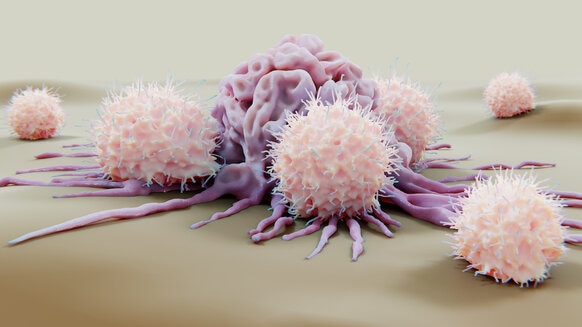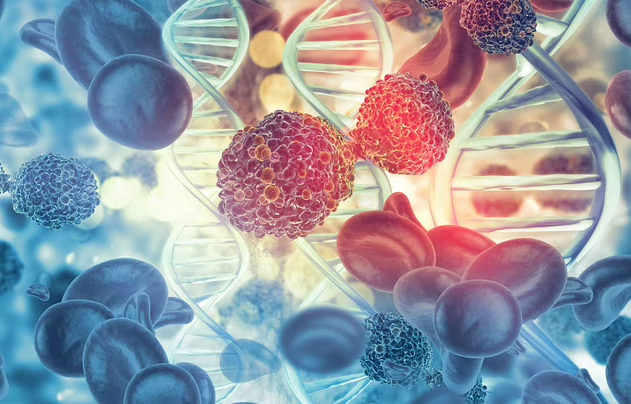All rectal cancer patients who participated in a study at New York’s Memorial Sloan Kettering Cancer Center had success!
The study recorded a 100% success rate in a paper published by the New England Journal of Medicine
The following written content from Joe Tacopino

The study was conducted on 18 rectal cancer patients at Memorial Sloan Kettering Cancer Center in Manhattan and had a 100 percent success rate, according to a paper published Sunday in the New England Journal of Medicine.
“I believe this is the first time this has happened in the history of cancer,” Dr. Luis A. Diaz Jr, the author of the paper, told the New York Times.
The drug, dostarlimab, was administered to each patient every three weeks for six months.
Participants in the study were suffering from colon cancer and given alternatives such as chemotherapy or a difficult surgery that could potentially lead to bowel or urinary dysfunction. Some patients are required to use a colostomy bag due to treatment, the Times said.
At the conclusion of the drug trial, however, the patients were spared the agony of potentially damaging treatment when they showed no evidence of a tumor after receiving an MRI, rectal examination and biopsy.
“There were a lot of happy tears,” Dr. Andrea Cercek, an oncologist at Memorial Sloan Kettering Cancer Center, told the Times.

In addition to not needing further treatment to eradicate the disease, there were no instances of a recurrence of cancer in the patients during follow-up appointments from six to 25 months after the trial ended.
But while the results are “compelling,” Dr. Hanna K. Sanoff of the University of North Carolina’s Lineberger Comprehensive Cancer Center, who was not involved in the study, said it is not clear if the patients are cured.’
“Very little is known about the duration of time needed to find out whether a clinical complete response to dostarlimab equates to cure,” Sanoff wrote in an editorial accompanying the paper, the Times noted.
The study is also small and the results would need to be replicated, Dr. Kimmie Ng, a colorectal cancer expert at Harvard Medical School, told the publication. Read more from NYP





